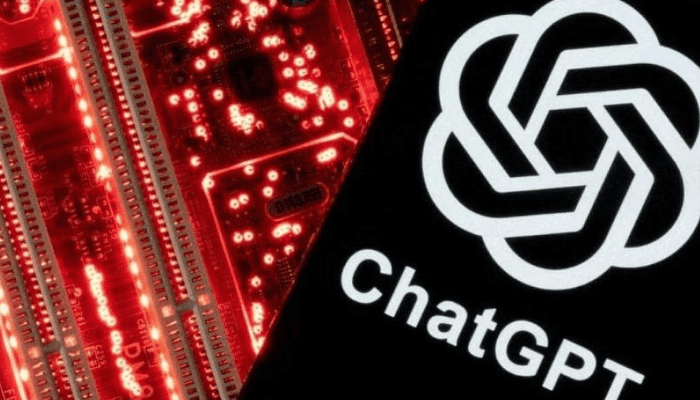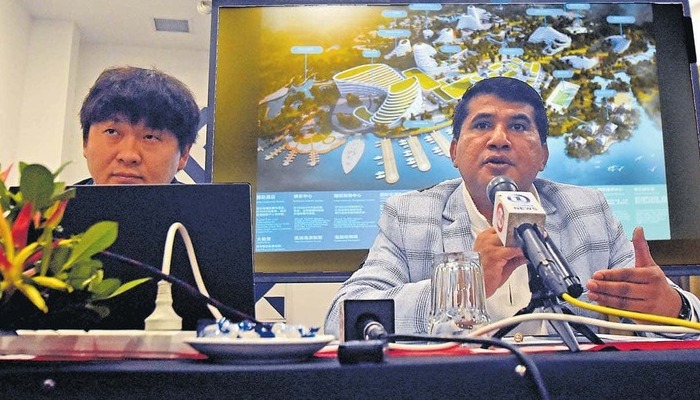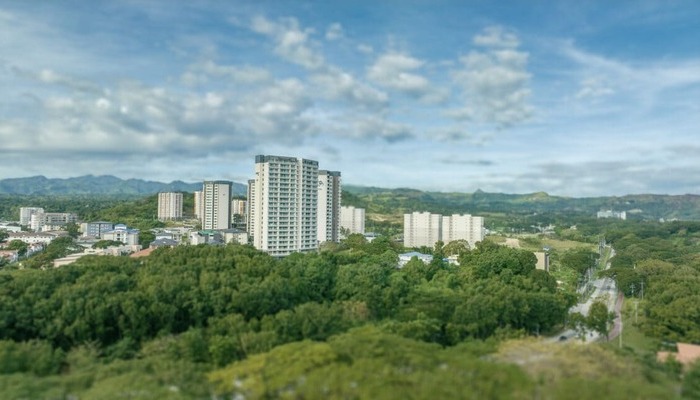
AI Programs Like ChatGPT to be on G-7 Agenda in Hiroshima as Japan Pushes Such Tech
World leaders are due to discuss the potential and pitfalls of AI at this weekend’s Group of Seven (G-7) summit of wealthy advanced democracies in Hiroshima.
TOKYO – Japan’s Prime Minister Fumio Kishida was surprised to hear his own voice at an informal meeting with artificial intelligence (AI) experts last Tuesday, when it was in fact not him speaking.
Rather, it was AI expert Takahiro Anno, 32, using a mouthpiece that can mimic the sound, tone and pitch of Mr Kishida’s speech, with a deepfake program mirroring the nuances after just two hours of deep learning.
Two days later, on Thursday, Japan convened its first gathering of its AI Strategy Council, effectively a control tower for AI policy, comprising Cabinet ministers as well as eight corporate, academic and legal stakeholders.
Mr. Kishida said at that meeting that AI can “change the economy and society positively”, given its potential to improve productivity amid labour shortages.
But it also has risks, he added, as highlighted by deepfakes and privacy leaks.
World leaders are due to discuss the potential and pitfalls of AI at this weekend’s Group of Seven (G-7) summit of wealthy advanced democracies in Hiroshima.
In particular, they are set to debate the potential and pitfalls of generative AI like ChatGPT and its rivals like Google’s Bard and Microsoft’s Bing, as well as the metaverse, and possibly more menacing deepfakes.
Mr. Kishida said on Monday that he wants to drive what he called a “Hiroshima AI Process”.
Earlier in April, G-7 digital and technology ministers had agreed to strive for “human-centric and trustworthy AI”.
“We reassert that AI policies and regulations should be risk-based and forward-looking to preserve an open and enabling environment for AI development and deployment that maximises the benefits of the technology for people and the planet while mitigating its risks,” they said in their communique.
G-7 education ministers last weekend also hailed the advancement of the technology, while confirming the need to mitigate risks of plagiarism associated with generative AI.
Japan’s enthusiasm, with government ministries on board the ChatGPT bandwagon, stands in stark contrast to the European Union, which in May took a step towards more regulation of AI tools. Italy has temporarily banned generative AI programs.
At least six Japanese Cabinet ministers have gone on record to promote the use of ChatGPT to boost productivity: Digital Minister Taro Kono, Economy Minister Yasutoshi Nishimura, Farm Minister Tetsuro Nomura, Health Minister Katsunobu Kato, Science Minister Sanae Takaichi and Communications Minister Takeaki Matsumoto.
The zeal is also gravely incongruous with Japan’s past reluctance to adopt new technology: Mr. Kono has had to “wage a war” on hanko stamps, floppy disks and fax machines in his drive to update Japan’s bureaucracy.
There are, of course, limits to ChatGPT, which is restricted to information before 2021 and has a penchant for getting facts wrong. Recently, it misidentifed Mr Kono as Japan’s prime minister.
But Japan is ready to put its money where its mouth is. In April, it was the first country that Mr Sam Altman travelled to in his capacity as chief executive of ChatGPT developer OpenAI, and Mr Kishida the first world leader he met.
“If other nations where AI research is more advanced are the hares, then Japan is the tortoise,” the Asahi Shimbun quoted a government source as saying. “But the tortoise is overtaking the hares as they are resting, due to regulations.”
At least two cities – Yokosuka, south of Tokyo, and Kobe, west of Osaka – have approved the use of ChatGPT in administrative processes such as drafting press releases, though the line is drawn where personal information is involved.
A number of companies are also on board to improve their operational productivity.
Japan’s three mega-banks – Mitsubishi UFJ, Sumitomo Mitsui and Mizuho – either have started or will begin trials of ChatGPT for internal administrative work.
Non-life insurance provider Tokio Marine & Nichido Fire Insurance is expected to start trials in June for a generative AI program to automatically produce draft responses to inquiries.
Sompo Japan Insurance is also using AI for programming.
Elsewhere, a Panasonic unit has begun allowing its 12,500 employees to use generative AI for tasks such as drafting documents, the Nikkei newspaper reported in March.
As for other forms of AI applications, Sapporo is using AI to develop new products, while pharmaceutical firm Astellas and chemicals group Asahi Kasei are also planning to use AI for product development.
Still, there are holdouts. Among those who have shunned the use of ChatGPT are Hokkaido Governor Naomichi Suzuki, who said the technology “must be used with caution”, and Tottori Governor Shinji Hirai, who said delegating matters to a machine was “an affront to democracy”.
Technology giants NEC and Hitachi are also among those that are wary about privacy and ethical risks.
In a light-hearted moment in Japan’s Diet, or Parliament, in March, opposition lawmaker Kazuma Nakatani used ChatGPT to quiz Mr Kishida about a Covid-19 Bill under discussion – and draft his expected answer.
“The ChatGPT answer is more sincere and focused than your answer,” Mr Nakatani quipped, citing the AI’s answer: “The government is working to sufficiently reflect the opinions of local governments and healthcare professionals.”
Mr Kishida’s own reply had been: “The Bill is being amended to sufficiently respond to the opinions and requests of the National Governors’ Association and the National Association of Mayors, as well as medical-related organisations such as the Japan Medical Association, the Japanese Nursing Association and the Japan Hospital Association.”
Mr. Kishida countered that his own answer was “more specific in naming the people involved”.
But he acknowledged: “AI has the potential to help administrative officials efficiently utilise more information if tapped appropriately.”
Article Source
https://asianews.network/ai-programs-like-chatgpt-to-be-on-g-7-agenda-in-hiroshima-as-japan-pushes-such-tech/
Other Interesting Articles
 Int Ent To Buy 382 RGB slots for New Coast Hotel Manila
Int Ent To Buy 382 RGB slots for New Coast Hotel ManilaMay 15, 2023











